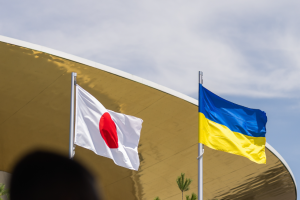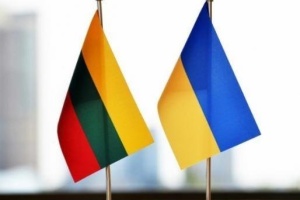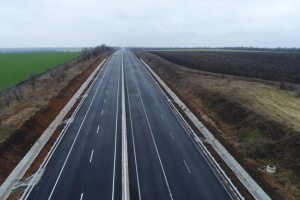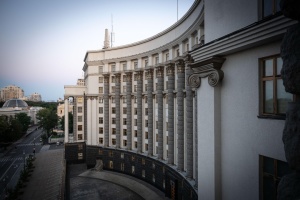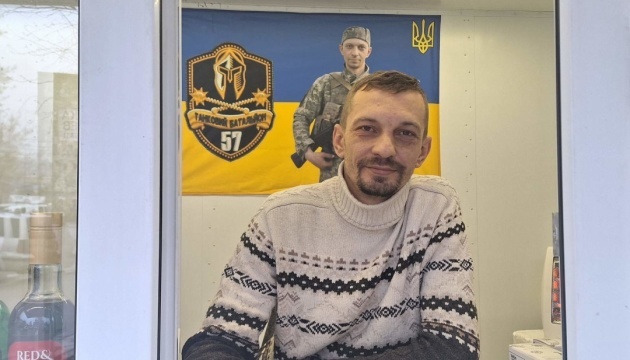
Coffee and Fairy Tale by a combatant, his wife and children
It’s hard to come up with a life story like the one of Roman and Anna Slobodianiuk. And there’s no need to because it’s typical for modern Ukraine in many ways. Just two months before the enemy’s full-scale invasion of Ukraine, Roman signed a contract with the Armed Forces of Ukraine. On 24 February 2022, his wife Anna and their two children found themselves under temporary occupation in Kherson Oblast, a place they could not leave immediately. And then Roman was seriously wounded at the frontline...
So the entire family has been displaced twice by now: in 2014, from Luhansk to Kherson, and in 2022, from Kherson to Bohuslav in Kyiv Oblast—together. They were able to settle down again in a new place, set up two small businesses, and, together with their caring neighbours, built a playground for everyone. Ukrinform tells their story of resilience and faith in victory, no matter how many trials people have to endure.
ROMAN: THE MOBILE COFFEE SHOP OPENS AT SEVEN
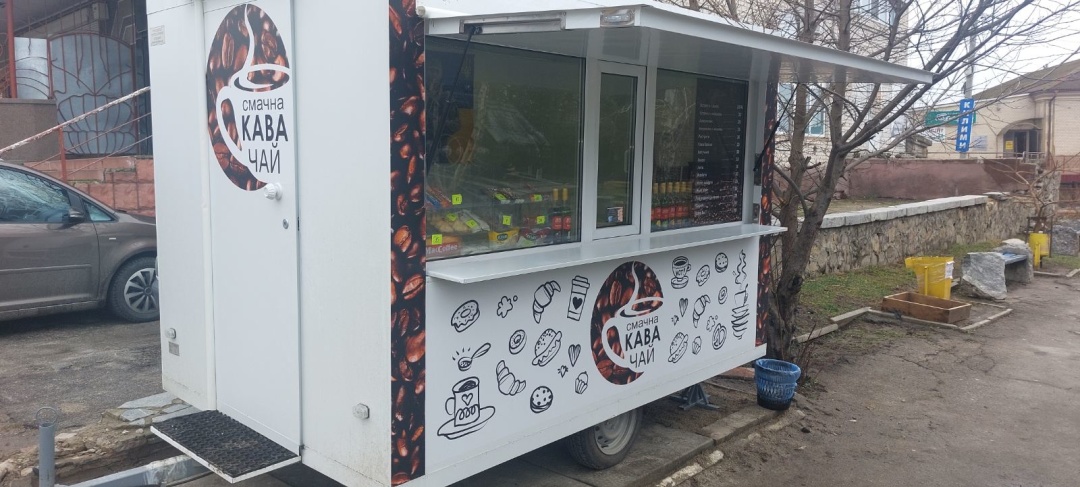
In the ancient town of Bohuslav—125 km from Kyiv and about the same distance from Cherkasy—not far from a hospital and a market, a mobile coffee shop run by Roman opens every day except Mondays at 7 in the morning. A World War II-era tank on a pedestal is a reference point for the residents of Bohuslav. And a long, long time ago, it was Zamkova Hora (Castle Hill), the oldest part of the millennial city, its child.
‘I get up at five in the morning’, says Roman, ‘I have to trailer my mobile coffee shop, take out everything I need and load it up with water, coffee, milk, some goodies. At six in the morning, I arrive at my usual place. I unload everything and warm up my trailer engines, and at seven I open the window. I work until 15.00. When people leave the market, there’s no point in staying. This is my everyday routine except for Mondays’.
Roman has introduced a loyalty programme for regular customers: every seventh cup of coffee is free. The service is friendly: ‘Here’s your change. Sugar? Do you need a receipt?’ When a customer asks in surprise, ‘Why would I need a receipt?’, the barista politely replies that, according to the law, from 1 January, a seller must check with each customer. The conversation ends in the usual way: "Have a nice day! Enjoy your coffee!’
I asked Roman Slobodianiuk how he managed to set up his mobile coffee shop. He ordered a special trailer in Kyiv. Then they installed the necessary equipment. His wife, Anna, is a professional designer, so she took care of the exterior decoration.
The first time Roman’s mobile coffee shop went out to potential customers was quite recently—this year on 3 January. On his way back that day, just as he was about to drive into the yard, he was hit by a car, an accident. So he had to repair it for a week. Two weeks later, the new coffee machine started leaking. ‘We got it repaired, and now everything works well’, Roman says.
The business hasn’t brought in much profit yet. ‘I earned a little more than the minimum wage’, he says. Nevertheless, he is optimistic: ‘Not everyone knows about me yet. They are getting used to the taste. They say I have the best coffee in Bohuslav. Why? Because I don’t skimp on beans. The average price is UAH 500 per kilo. And I buy those that are almost twice as much. Wholesalers give me discounts because I’m a combat veteran, and they are very understanding’.
ANNA: THE FIRST TO SETTLE IN BOHUSLAV AND OPEN A TAILOR SHOP
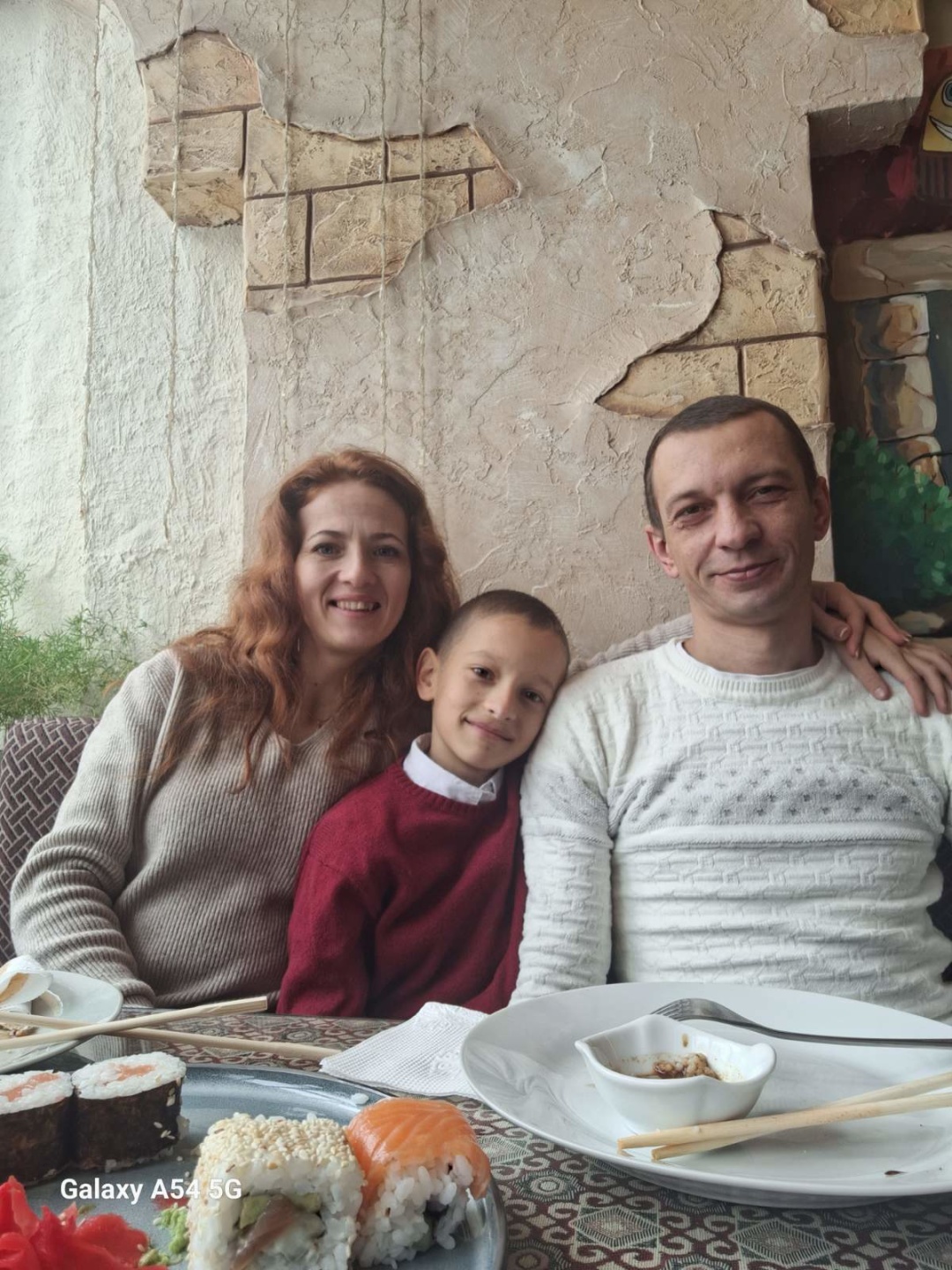
Roman Slobodianiuk with his wife Anna and son
In the late summer of 2022, Anna and her 5-year-old daughter and 10-year-old son were the first to come to Bohuslav. They did so with the active support from Roman, who was still serving in the Armed Forces. The man googled options where his family would be comfortable after they were finally able to leave the temporarily occupied territory of Kherson Oblast.
‘We lived a few tens of kilometres from Kakhovka, and it was even closer to Crimea’, says Anna, without naming the exact location so as not to accidentally cause harm to her relatives who remained in the Ukrainian territories temporarily occupied by Russia. After 2014, Roman’s parents and other relatives, who believed hostile Russia more than their own son, did not find a common ground. After the outbreak of the full-scale war, Roman and his distant relatives from Cherkasy Oblast began to communicate more actively, and they acted like the closest of relatives: they supported him both emotionally and financially.
Moving to Kyiv Oblast is the second time Roman and Anna’s family had to move since the Russian-Ukrainian war began. The first time they had to do it was in 2014 because Roman comes from a city in Luhansk Oblast that was temporarily occupied at the time.
The attitude in Kherson Oblast to the IDP couple varied. Some considered them almost separatists. Roman worked as an electrician. But he quit. At the end of 2021, he decided to defend Ukraine.
At first, the contract soldier was sent to Sievierodonetsk. And then came 24 February 2022: the family found themselves in a high-risk area. Anna was very worried about her children because the occupiers could learn that their father was serving in the army.
‘At first, we were afraid to leave because Russian checkpoints were doing things to people. When I finally decided to join the queue, I had to wait another two months. When the time came, the man who promised to help us disappeared’, says Anna. ‘When it finally happened, we came under fire. The kids were really scared. My daughter even stuttered a bit at first’.

When they settled in Bohuslav, Anna started sewing and repairing clothes: she opened a tailor shop. People treated her and her children with kindness, and volunteers helped her.
ROMAN: FOUR SURGERIES AFTER BEING WOUNDED
Roman served as a driver in the Armed Forces of Ukraine near Sievierodonetsk and Lysychansk. He has a category B and C driving licence. When he received the command to take up combat positions on 24 February 2022, he initially felt a bit confused. This feeling was immediately dispelled, though, when the commander quickly got into the tank and drove off first against almost a dozen enemy tanks and opened fire first. The soldiers quickly joined the battle. ‘A commander who does not push his soldiers ahead of him but leads them deserves respect’, Roman Slobodianiuk recalls.
He was mainly responsible for logistics, bringing ammunition and food to the soldiers. Amidst the fighting, when everything around was exploding and the roads were littered with mines, delivering food was far from a walk in the park.
In December 2022, when Russians had to be held back in one of the areas, there were not enough men, so everyone turned into infantry. ‘We were holding the position, there was no one else’, Roman says. ‘That’s when I got wounded’.
The defender recalls that it was most likely a VOG-25 (40 mm fragmentation ammunition). ‘The trench was small, there were two of us in it. My partner’s legs were broken. And my armour saved my breast bone from severe injuries, but it hit my arm and leg, reaching my internal organs’.
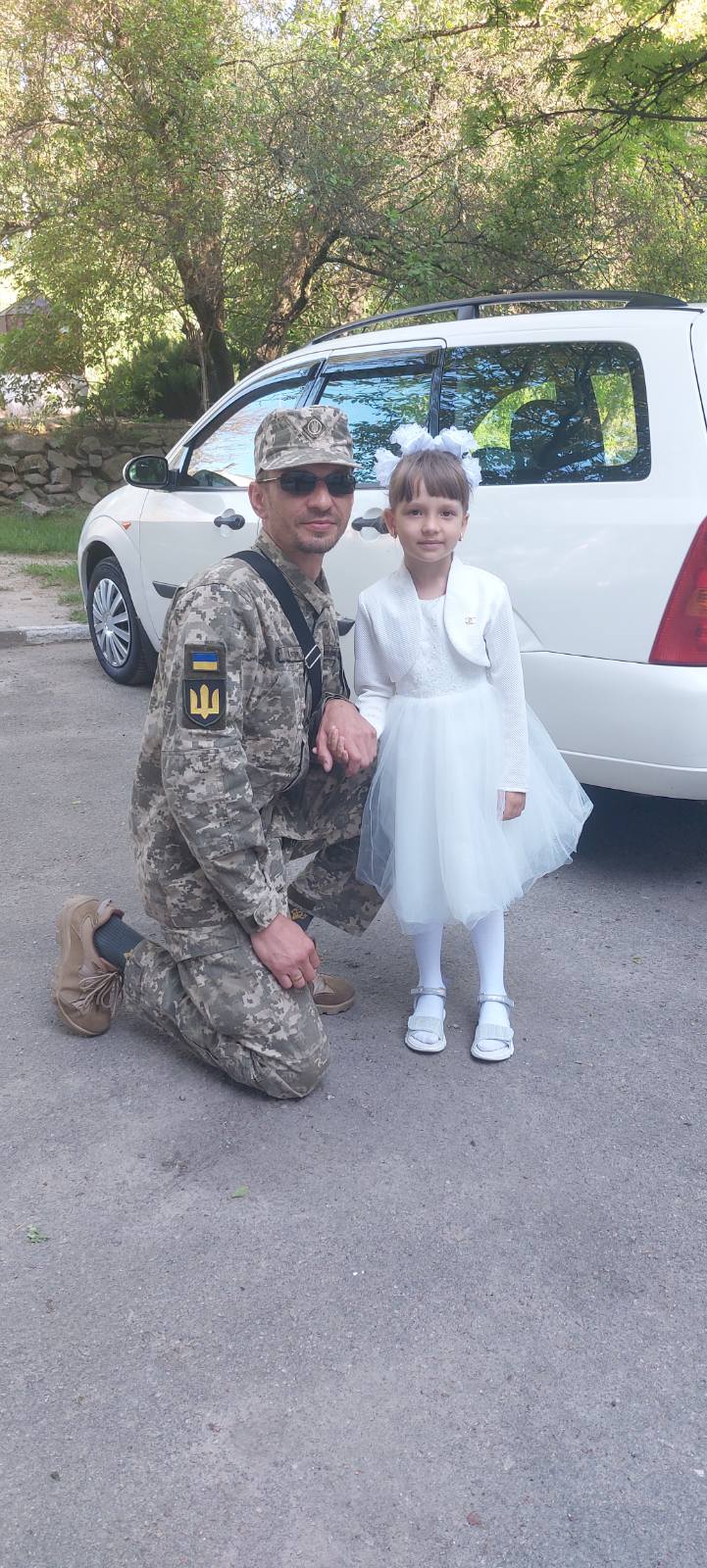
Roman Slobodianiuk and his daughter
They were surrounded by enemy forces, and the evacuation vehicle could not reach the wounded. ‘They showed me the way, and I walked for 1.5 kilometres’, he recalls, ‘I lost consciousness twice. When I came round, I told myself, “You’ve got two kids. Get up and keep walking! Don’t just lie there!” So I got up and walked every time. I saw my injuries in the photos taken by doctors. If I had known all this before, I probably wouldn’t have made it... First, I was evacuated to Bakhmut, then to Dnipro and Rivne’. He was treated for a long time and had four surgeries.
KIDS: ‘I’M GOING TO DRAW MY HOMELAND, UKRAINE, WITHOUT WAR’
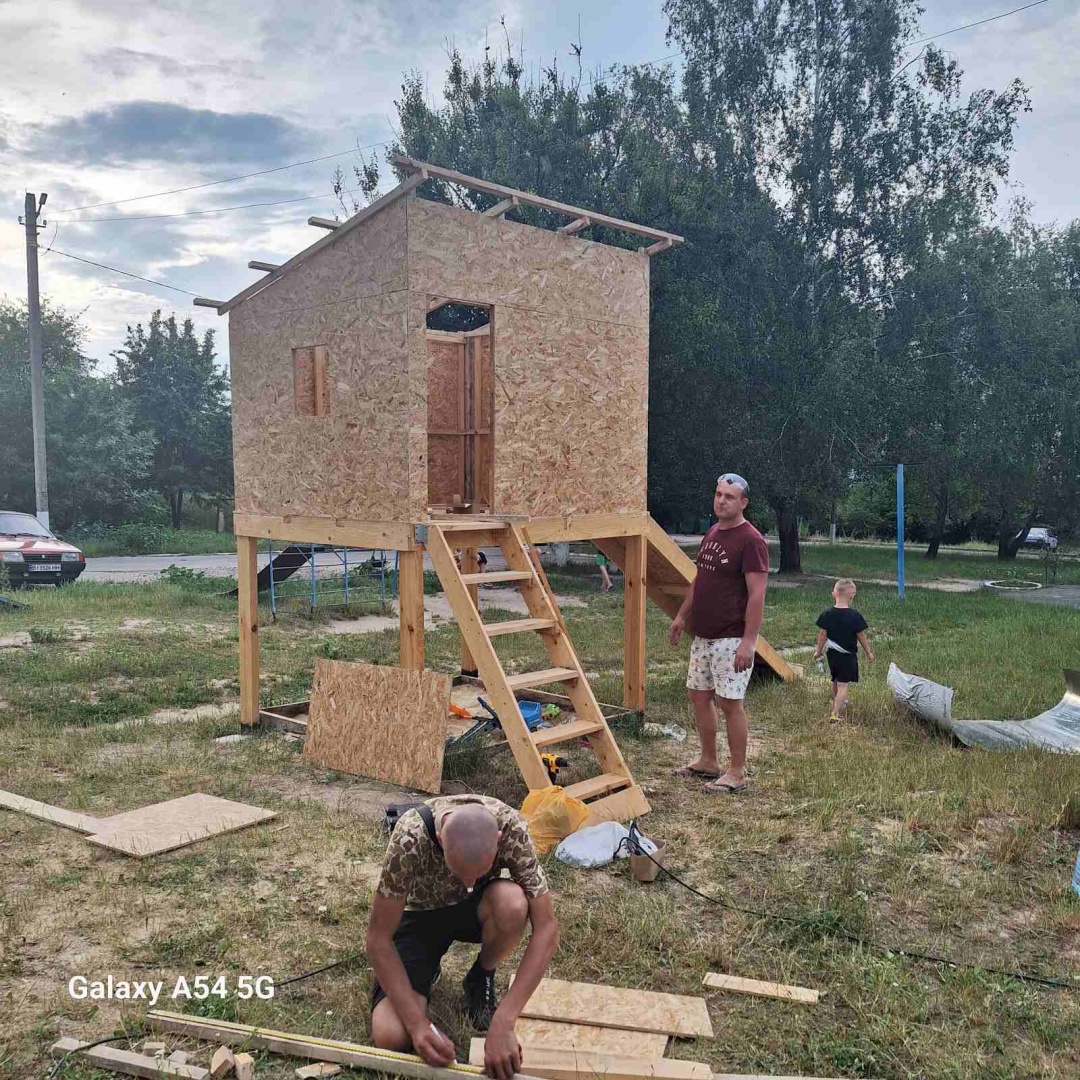
When Roman had to stay at home for some time after a complicated treatment, he spent a lot of time with his children: he helped them do homework and watched educational films with the eldest. Last summer, Roman started building a playground for his daughter and son near the house where they live. Very soon, caring neighbours joined saying, ‘Let us help you’.
It took a lot of time, effort, and material resources. But the result exceeded all expectations. The two-storey building with a roof, stairs, and a slide cost more than UAH 10 thousand. Neighbours bought paint and other necessary items. Anna painted everything.

Since then, everyone in the yard has been greeted by a smiling sun near the painted scroll with the rules of conduct. They are simple: be friendly, smile, play fair, jump, share, sing loudly, dream! They also include ‘do not quarrel, do not push, do not insult’.
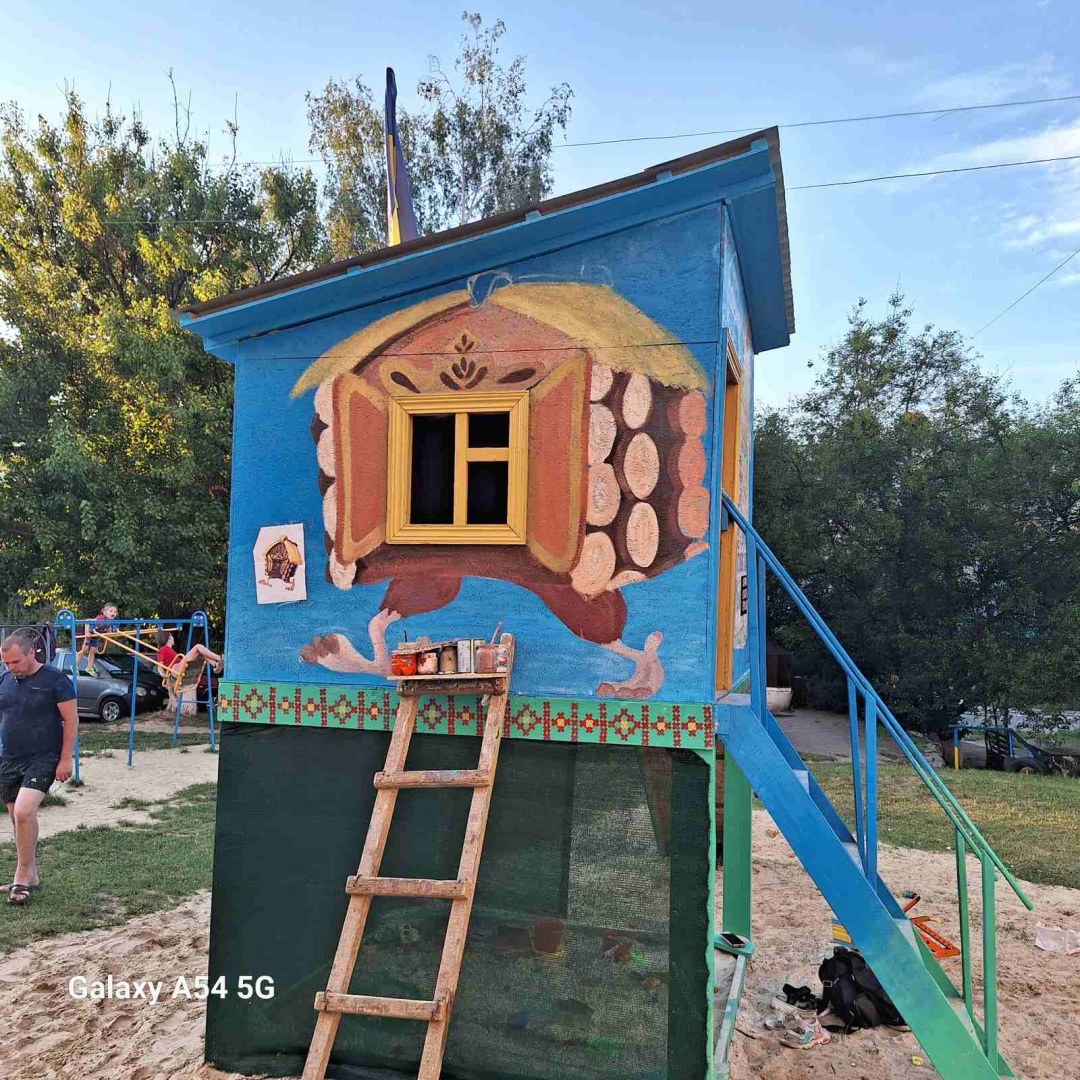
On the other side, on a blue background, Anna, a two-time IDP, drew a ‘travelling hut’ with a yellow window and sunflowers. It represents today’s Ukrainians who were forced by the brutal war to leave their homes and move elsewhere in their country or abroad.
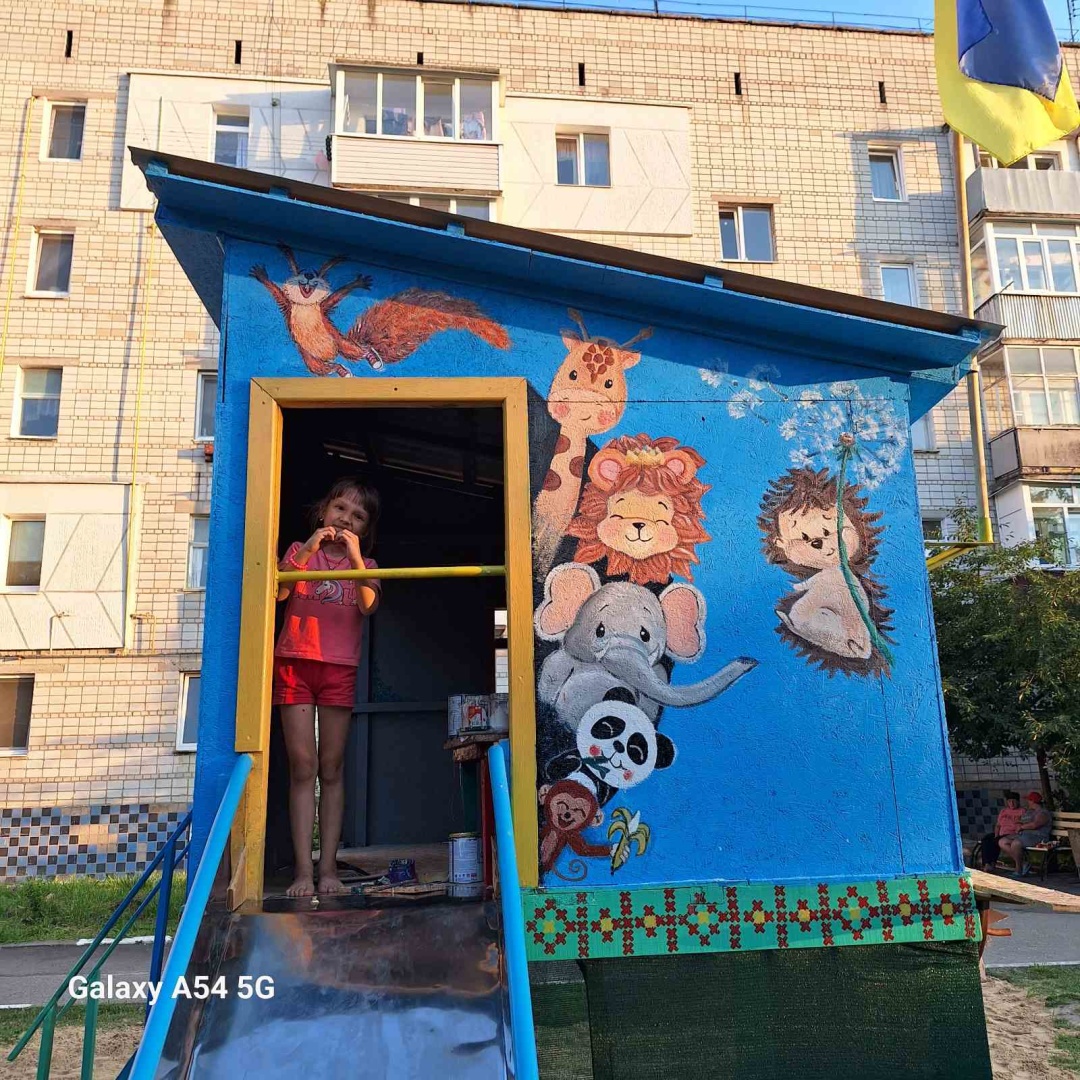
The painted animals: a squirrel, a giraffe, a lion cub, an elephant, a hedgehog, a koala bear, and a monkey also cheer up those who come to the playground.
From the very beginning, the older children kept the house clean. Now they are trying to pass on their household duties to the younger ones. Albeit mild this year, it was still winter. But it did not frighten the children: they gathered in their hut and closed the windows from the wind.
There is a video of this childhood dream house on social media. It moves you into tears because it also has the words from a modern Ukrainian song, ‘I’m going to draw a happy child, where birds are flying in the peaceful sky. I’m going to draw my homeland, Ukraine, Without war. You are covered in wounds—it burns so much, and it’s very scary. Don’t be afraid, dear, we are your defenders. All our lives, we have had so much fun with you, we will never leave you in trouble...’
Valentyna Samchenko, Kyiv
Photos provided by the couple

